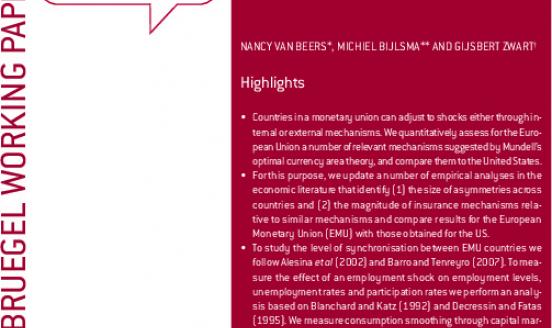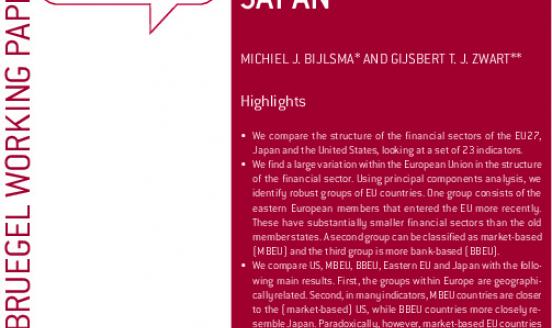The debate on austerity: are economists barking up the wrong tree?
The discussion on the costs of eurozone austerity (see our recent review on the topic) may be beside the point. While economists are trying to convince politicians of the high costs of too much austerity, the reality may be different. Europe’s politicians don’t need convincing that austerity is costly. They know this. But they think this is a price worth paying. Instead of trying to argue why austerity is or isn’t costly, economists should try to understand why politicians adhere to this point of view. This would provide a more constructive way towards alternatives for austerity than assuming that irrational and ignorant policymakers need educating. I can think of two possible ways to rationalize observed preferences.
First, austerity may be a price worth paying for those who pay least. Despite being the most vocal advocates of austerity, Germany, the Netherlands, Finland, or Austria have had a gradual approach to austerity at home. Instead, countries like Spain, Portugal, Greece or Italy bear the brunt of the burden. This begs the question why the latter countries agreed to austerity in the first place. One answer may be that austerity was pushed through when southern European countries were in need of support and they had little bargaining power. If we believe that austerity has substantial negative effects on growth in problem countries, the question then becomes: why is austerity not renegotiated? Here a possible answer may be as follows. Countries have received support in return for implementing severe austerity. Reducing austerity would at this point increase growth. These benefits, however, materialize mainly locally. Spain may reduce unemployment and increase growth, but how does this benefit Germany? How can problem countries somehow let northern countries share in the benefits of reduced austerity? If eurozone countries are incapable of solving this problem, they will be unable to bargain their way out of a sub-optimal equilibrium. If this view is correct, economists should try to find ways for problem countries to share the benefits of reduced austerity with other countries. In a transfer union like the US lower unemployment reduces transfer payments from rich to poor states, but other (politically feasible) mechanisms may also be possible.
Second, the cost of austerity may simply be the shadow price of moral hazard. In this view, the choice is not between austerity now and austerity later while postponing structural reforms and budget cuts. In fact, economic theory dictates that austerity should come with an ex post inefficient amount of pain, because that is actually the best way to promote ex ante discipline. If this view is correct, politicians know they introduce inefficiency by requiring austerity for eurozone countries. But the alternative in their view is not tailor-made policy, it is complacency before reforms and budget cuts. The cost of austerity then simply reflects the value politicians attach to reducing moral hazard. Economists like Paul Krugman, who point out the cost of austerity again and again and again, implicitly assume they outweigh the benefits of improved ex ante discipline. In doing so, they fail to recognize where their difference of opinion with policymakers lies. It is not in the cost of austerity, but in the benefit of reducing moral hazard. If this point of view is correct, economists should put more effort in quantifying these benefits in order to assess whether politicians’ perceptions are correct.

